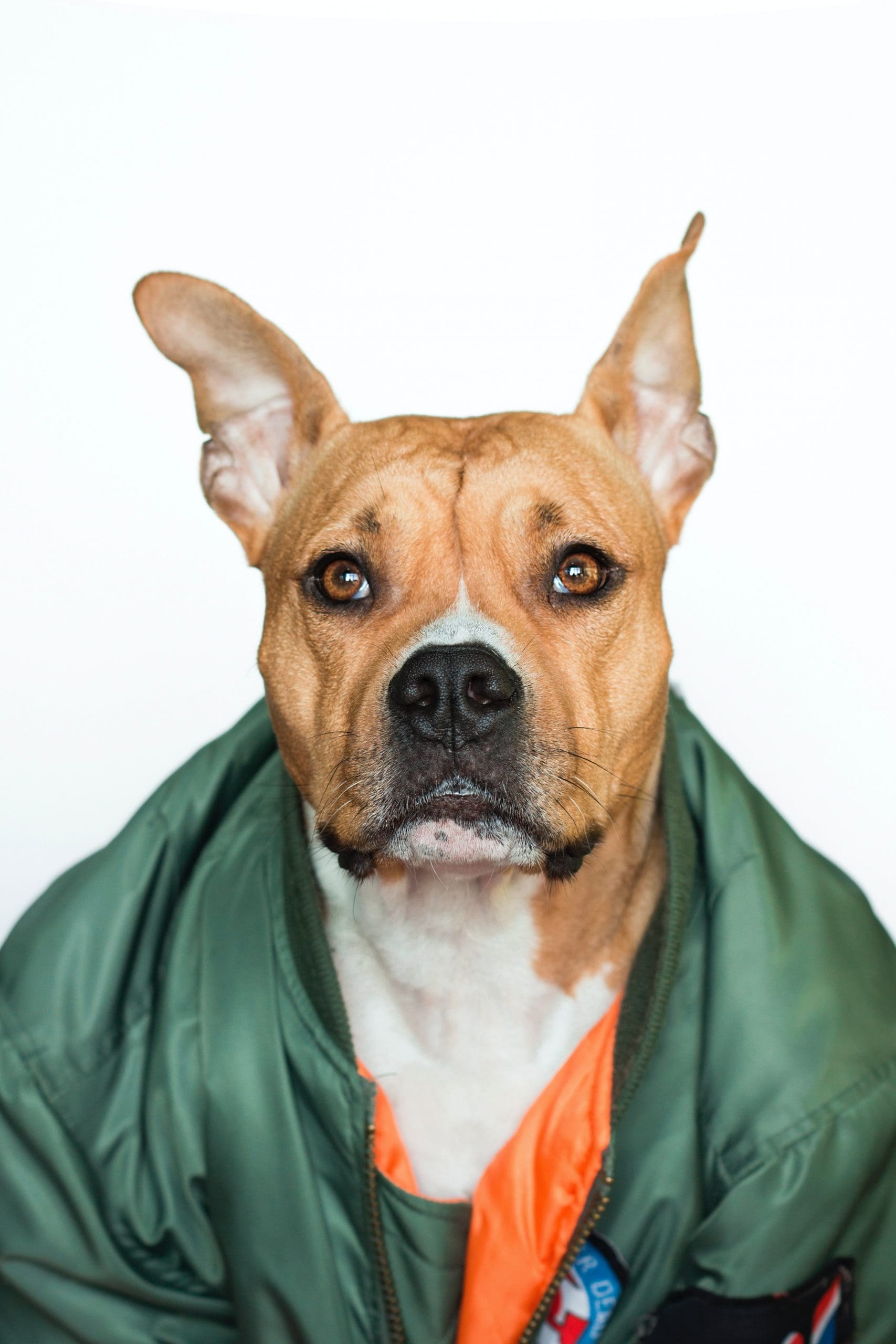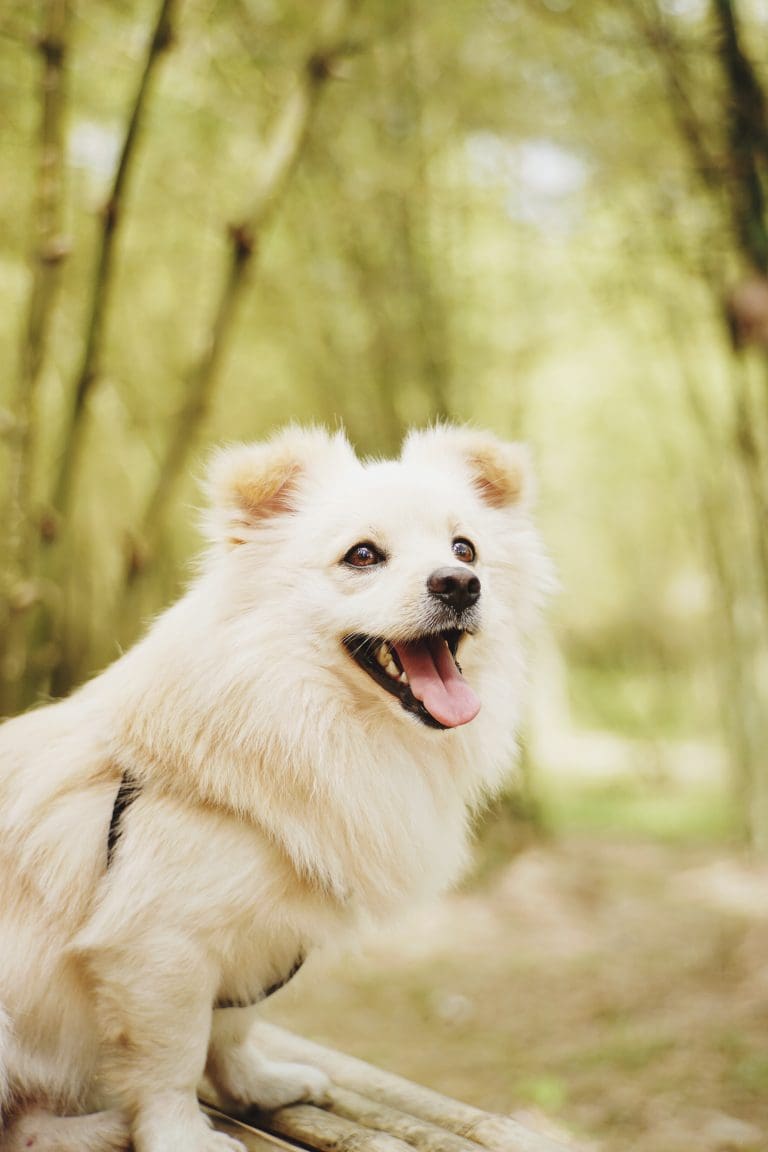Why Is My Dog Howling All Of A Sudden?
Post Date:
December 10, 2024
(Date Last Modified: December 13, 2024)
Noticing your dog howling unexpectedly can be alarming. Dogs communicate in various ways, and howling is one of the more distinctive forms of vocalization. If your dog has started howling out of the blue, it’s natural to wonder what might be prompting this behavior. Understanding the reasons behind your dog’s sudden howling can help you respond appropriately and ensure your furry friend is happy and healthy.
Natural Instincts
Howling is a natural instinct for dogs, tracing back to their wolf ancestors. In the wild, wolves howl to communicate with their pack, signal their location, or ward off intruders. While domestic dogs live alongside humans, they still possess some of these primal instincts. If you hear your dog howling suddenly, it could be a way to express a range of emotions or respond to their environment.
Responses to Sounds
One common reason for sudden howling is a response to certain sounds. Dogs have incredibly sensitive hearing, and they may react to sirens, music, or other high-pitched noises that humans often overlook. If your dog howls when a fire truck passes by or during a specific song, they might be trying to join in on the “conversation” or simply expressing discomfort with the sound. This behavior is particularly noticeable in breeds that are more vocal, such as huskies or beagles.
Emotional State
Another important factor to consider is your dog’s emotional state. Dogs experience a wide range of feelings, including anxiety, loneliness, and excitement. If there has been a change in your dog’s routine—such as a family member moving out, a new pet joining the household, or changes in your work schedule—they may howl to express distress or a need for attention. Dogs thrive on routine and can become stressed when their environment changes unexpectedly.
Observing Behavior
If your dog has been howling more than usual, pay attention to their body language. Are they pacing? Do they seem restless? Or are they seeking your attention? These signs can provide insight into whether their howling is a cry for help or a way to express excitement. If your dog seems anxious, offering comfort and reassurance can help alleviate their stress. Spending time with them, engaging in play, or simply being present can make a difference.
Pain or Discomfort
Pain or discomfort can also lead to unexpected howling. If your dog is suddenly vocalizing, and you notice other signs of distress, such as limping, not eating, or changes in behavior, a veterinary visit may be necessary. Dogs can’t verbally express when they’re in pain, so howling may be their only way of communicating that something is wrong. Common issues that might cause pain include ear infections, injuries, or underlying medical conditions that require attention.
Aging and Howling
As your dog ages, you may find that they start howling more frequently. Senior dogs can experience cognitive decline, leading to confusion or stress, which can manifest in howling as they seek to communicate discomfort or disorientation. If your older dog has recently begun howling, consider consulting your veterinarian to rule out medical issues and discuss potential behavioral changes that often accompany aging.
Breed Tendencies
Some breeds are more prone to howling than others. Breeds like the Alaskan malamute, beagle, and bloodhound are known for their vocal tendencies. If you have one of these breeds, their howling may simply be part of their personality. Understanding your dog’s breed and its characteristics can help you make sense of their vocalizations and manage them appropriately.
Boredom and Attention-Seeking
In some cases, howling may stem from boredom. Dogs need mental and physical stimulation to stay happy and healthy. If they don’t have enough to do, they may resort to howling as a way to fill the time. Engaging your dog in play, providing puzzle toys, or taking them for longer walks can help reduce boredom and its associated vocalizations.
If your dog howls in response to other dogs, they might be reacting to territorial instincts or simply trying to communicate with their canine neighbors. Dogs are social animals, and howling can be a way for them to connect, especially if they hear other dogs howling in the distance.
Environmental Changes
Sudden changes in your dog’s environment can also cause howling. If you have recently moved, changed your living situation, or introduced new people or animals into your home, your dog may feel unsettled. Howling can be a way for them to express confusion or anxiety about these changes. Giving your dog time to adjust, along with plenty of love and reassurance, can help them feel more secure.
Attention-Seeking Behavior
Some dogs may howl as a way of seeking attention. If you have inadvertently reinforced this behavior by giving them attention when they howl, they may have learned that howling is an effective way to get what they want. Observing when your dog howls can help determine if it’s a tactic to gain your attention. Ignoring the behavior and rewarding them when they are quiet can be more effective.
Creating a Calming Environment
Creating a calming environment for your dog can also make a difference. Providing a safe space where they can retreat when feeling anxious can help reduce howling. This could be a cozy bed in a quiet corner or a designated area where they feel secure. Incorporating their favorite blanket or toy into their safe space may enhance their comfort.
Proactive Health Care
Regular veterinary check-ups are essential for catching potential issues before they become serious, ensuring your dog remains healthy and happy. Addressing any underlying health concerns can often lead to a reduction in howling.
Understanding the reasons behind your dog’s sudden howling can be a journey of discovery. It may require patience and observation, but the insights gained can enhance your relationship with your dog. By providing the right environment, attention, and care, you can help your dog feel secure and happy, ultimately reducing the likelihood of unexpected vocalizations. Your dog relies on you to interpret their signals and provide the care they need, fostering a supportive environment for your furry friend.






